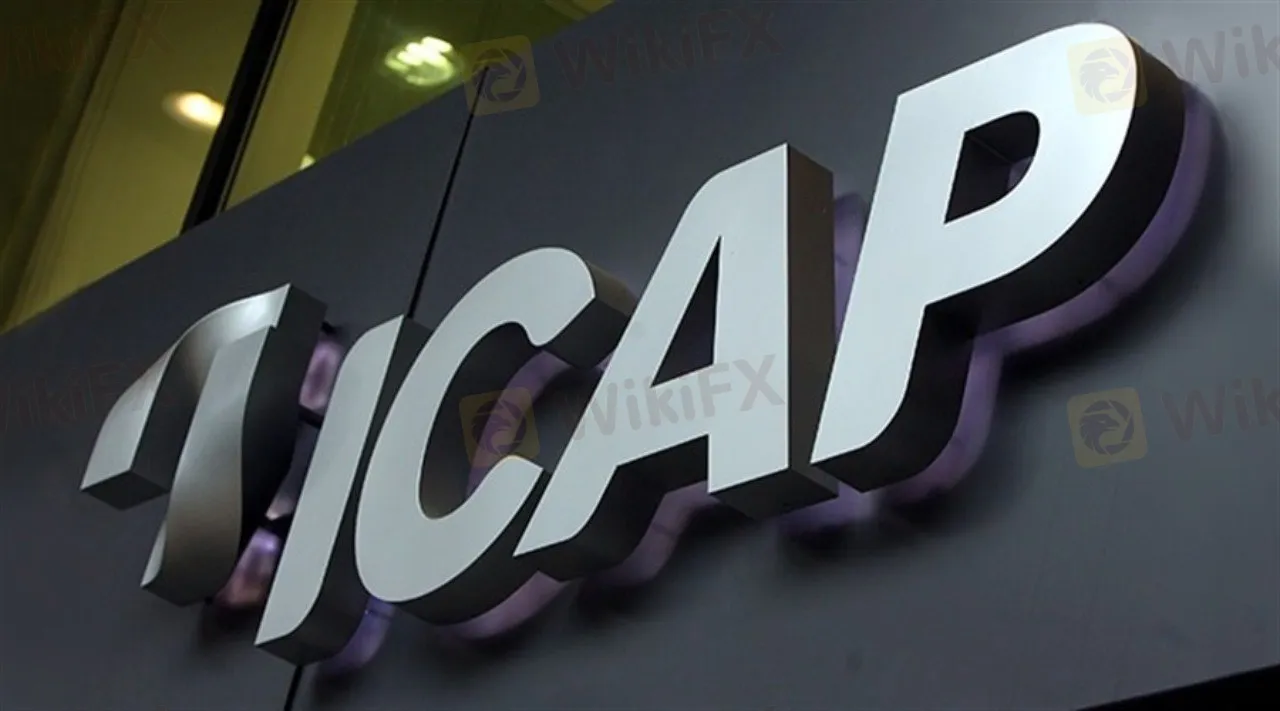简体中文
繁體中文
English
Pусский
日本語
ภาษาไทย
Tiếng Việt
Bahasa Indonesia
Español
हिन्दी
Filippiiniläinen
Français
Deutsch
Português
Türkçe
한국어
العربية
TP ICAP Sees 81% Drop in 2021 Profits, Revenue Rises Marginally
Abstract:Liquidnet brought in £159 million since its acquisition. The group is now focused on revenue diversification.

TP ICAP, the world‘s biggest inter-deal broker, published its annual financials for 2021, reporting more than 81 percent drop in its profits for the 12 months. It generated £24 million as pre-tax profits last year compared to 2020’s £129 million.
Additionally, the basic earnings per share of the company plunged to 0.7 pence from 15.4 pence in the prior year.
“Our performance naturally reflects the unusually quiet secondary markets that we experienced in 2021, particularly in the first half of the year. However, as market conditions started to improve in the second half, TP ICAP recovered most of the ground and grew overall market share,” said Nicolas Breteau, the CEO of TP ICAP.
Indeed, the revenue of the company showed resilience and came in at £1.86 billion, which is slightly higher than the previous years £1.79 billion. But, Liquidnet turned out to be a successful bet for the company as it brought in £159 million in revenue post-acquisition.
Without adding Liquidnet‘s numbers, TP ICAP’s annual revenue lowered by 1 percent in 2021, which is in line with the guidance provided by the company earlier.
Now, the group is focused on diversifying its revenue stream, bringing 42 percent of its total revenue from non-global broking businesses. Meanwhile, the global broking business of the group declined by 2 percent.
Data and analytics business within Parameta Solutions, which generates a high margin, grew by 10 percent last year.
Cautious on the Outlook
TP ICAP already saw 16 percent in revenue growth until March 11, when compared to the same period of the previous year. In addition, the figure is 4 percent higher without business from Liquidnet.
But, the company is cautious of the market conditions and did not put down any absolute number or range, saying “predicting future market activity is difficult.”
“Market volatility has continued at more elevated levels in 2022, with the return of inflation and geopolitical uncertainty driving higher volumes across many of our markets,” Breteau added.
“While it is too early to judge whether this activity will be sustained, we believe the results of our many actions will show through in improved performance across the group in 2022 and beyond.”

Disclaimer:
The views in this article only represent the author's personal views, and do not constitute investment advice on this platform. This platform does not guarantee the accuracy, completeness and timeliness of the information in the article, and will not be liable for any loss caused by the use of or reliance on the information in the article.
Read more

Doo Financial Expands Regulatory Reach with Offshore Licenses in BVI and Cayman Islands
According to the report, Doo Group, a prominent Singapore-based online brokerage firm, has strengthened its global presence by securing new offshore licenses for its brokerage brand, Doo Financial. The company recently announced that entities under the Doo Financial umbrella have been granted licenses by two key offshore regulatory bodies: the British Virgin Islands Financial Services Commission (BVI FSC) and the Cayman Islands Monetary Authority (CIMA).

Why is there so much exposure against PrimeX Capital?
In recent months, PrimeX Capital, a Forex and CFD broker established in 2022, has become a subject of concern in the trading community. However, despite these enticing features, the broker's reputation has been severely tarnished by multiple complaints and a troubling lack of regulatory oversight.

The Hidden Checklist: Five Unconventional Steps to Vet Your Broker
Forex broker scams continue to evolve, employing new tactics to appear credible and mislead unsuspecting traders. Identifying these fraudulent schemes requires vigilance and strategies beyond the usual advice. Here are five effective methods to help traders assess the legitimacy of a forex broker and avoid potential pitfalls.

Doo Financial Obtains Licenses in BVI and Cayman Islands
Doo Financial, a subsidiary of Singapore-based Doo Group, has expanded its regulatory footprint by securing new offshore licenses from the British Virgin Islands Financial Services Commission (BVI FSC) and the Cayman Islands Monetary Authority (CIMA).
WikiFX Broker
Latest News
ASIC Sues Binance Australia Derivatives for Misclassifying Retail Clients
WikiFX Review: Is FxPro Reliable?
Malaysian-Thai Fraud Syndicate Dismantled, Millions in Losses Reported
Trading frauds topped the list of scams in India- Report Reveals
AIMS Broker Review
The Hidden Checklist: Five Unconventional Steps to Vet Your Broker
Russia to Fully Ban Crypto Mining in 10 Regions Starting January 1, 2025
YAMARKETS' Jingle Bells Christmas Offer!
Why is there so much exposure against PrimeX Capital?
Doo Financial Expands Regulatory Reach with Offshore Licenses in BVI and Cayman Islands
Currency Calculator


